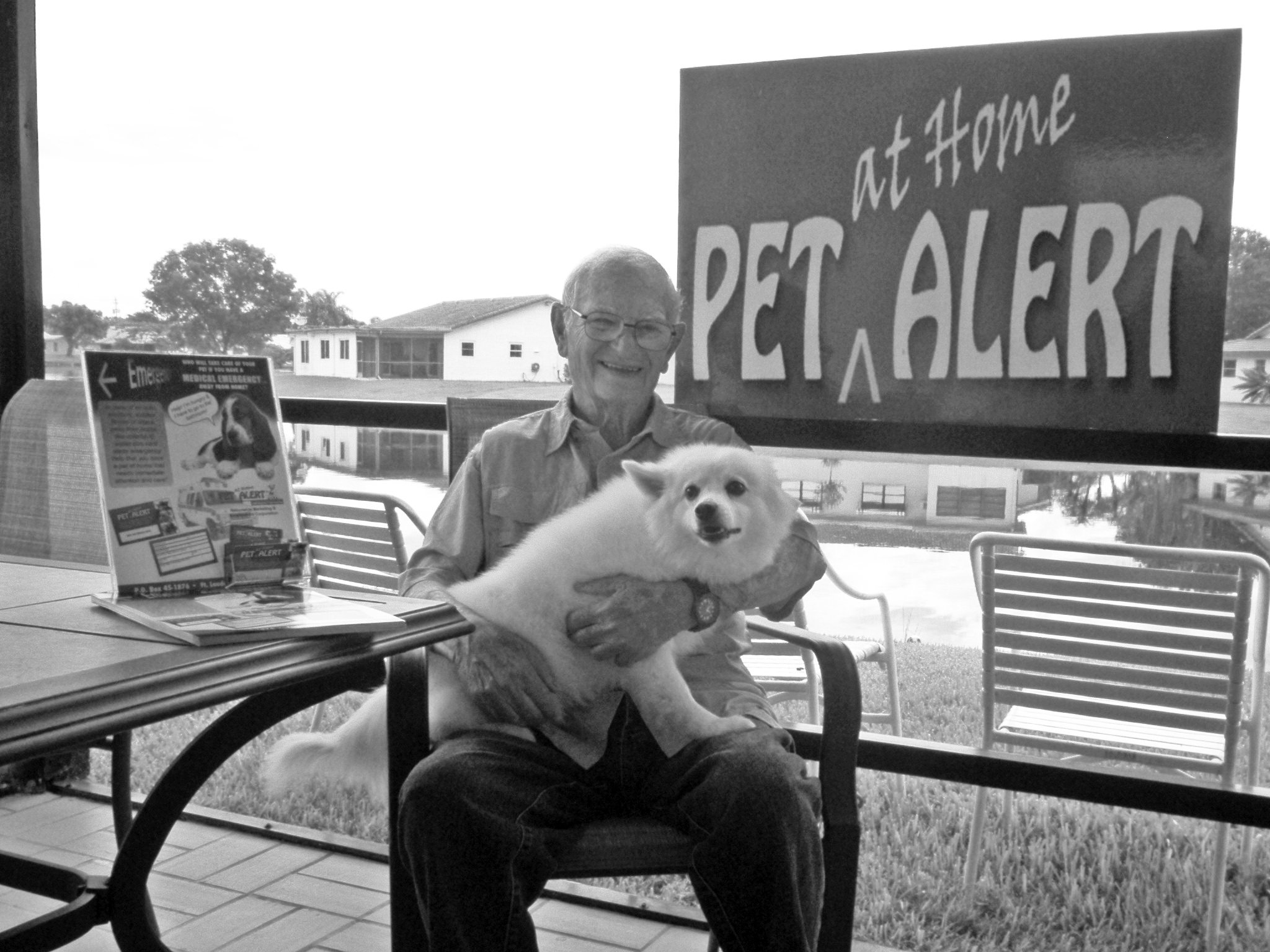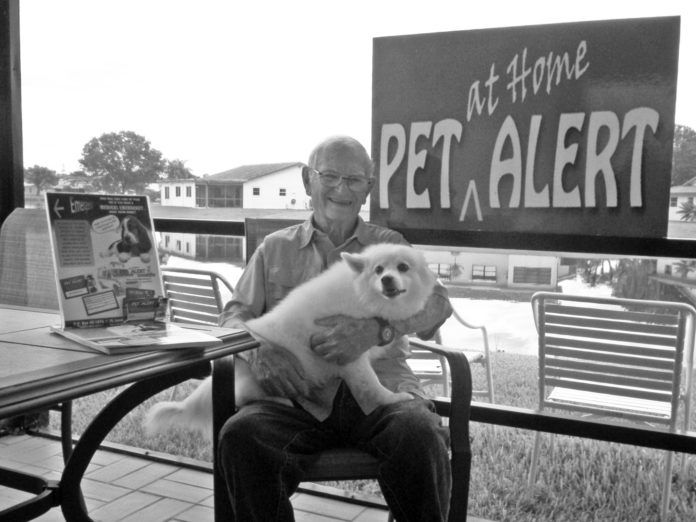
Perhaps you’ve heard the story of Hachiko, the Akita who lived with Hidesaburo Ueno, an agriculture professor at a Tokyo university. Professor Hidesaburo adopted Hachiko when he was just a two-month-old, and the two were inseparable — to the point that the dog accompanied the man to the train to see him off to work each morning and would come back everyday precisely when the train rolled back into the station in order to greet his owner for the return home. But a little more than a year after Hidesaburo brought Hachiko to live with him, a day came that he wasn’t on the return train. The 54-year-old had died suddenly of a massive stroke.
It was 1925. For 10 years after that, until his own death in 1935, Hachiko would return to the train station every day at the exact time the train showed up, hoping his human companion would step off. The story became an iconic national example to the Japanese of the spirit of family loyalty. Teachers and parents alike used the dog’s 10-year vigil as an example for children to follow, and today there’s a statue of Hachiko at the Tokyo train station at which he awaited his friend, commemorating his life and devotion. There’s even a ceremony of remembrance honoring Hachiko every year on April 8th, for which hundreds of dog lovers turn out. And the station entrance nearest the pair’s meeting spot is called Hachiko-guchi, meaning the Hachiko Entrance/Exit. Touching, right?
But what most people don’t know about is the kind of life Hachiko led after Professor Ueno died. At first he was sent to another area of Japan, where relatives of Dr. Ueno’s were supposed to take care of him. But Hachiko kept running away to the train station to wait for his master. The relatives realized the arrangement wasn’t going to work and gave the dog to Dr. Ueno’s gardener, who still lived in the area.
But Hachiko essentially went through the rest of his life as a stray, fighting other dogs and eating scraps and handouts and, until his story received attention in the newspaper, receiving harsh attention from commuters at the station who didn’t want a mangy dog around. He was finally found dead in the street with cancer, a worm infection, and four chicken skewers in his stomach that he had swallowed.
Which brings us to the question: Have you made arrangements for your dog’s welfare in the event that you can no longer take care of him? Sometimes pets are discovered in a person’s home days after a tragedy such as an illness or accident that sends the owner to the hospital, or after the person’s death, says the Humane Society of the United States. The reason, presumably, is that because dogs and other companion animals have shorter life-spans than their human caregivers, we expect them to go first and don’t make arrangements for their well-being should we suddenly become unavailable. But as the story of Hachiko makes clear, things don’t always go the way we expect them to.
With that in mind, we urge you to plan for the unanticipated. Here’s how, according to the Humane Society.
– Talk to at least two responsible friends or relatives who agree to serve as temporary emergency caregivers in the event that something unexpected happens to you. Provide them with the keys to your home. Also make sure they have care and feeding instructions along with the name of your dog’s veterinarian and information about the permanent care provisions you have made for your pet. In some cases, the in-an-emergency caregiver might also be the one to love and take care of your dog over the long haul.
– Make sure your neighbors, friends, and relatives know how many dogs (and other pets) you have and the names and contact numbers of the people who have agreed to serve as emergency guardians. The emergency guardians should also know how to contact each other.
– Carry an “alert card” in your wallet that lists the names and phone numbers of your emergency pet caregivers. (See sidebar.)
Those who want to go the extra mile can also post “in case of emergency” notices on their doors or windows specifying how many and what types of pets they have. Such notices will alert emergency-response personnel during a fire or other home emergency. (Don’t use stickers, advises the Humane Society. Because they’re hard to remove, firefighters may assume a sticker is outdated or, worse, risk their lives trying to find a pet no longer in the home.) It also isn’t a bad idea to affix a removable notice listing emergency contact names and phone numbers to the inside of your door.
Because pets need immediate attention and ongoing daily care, states the Humane Society, “the importance of making arrangements for temporary care giving cannot be overemphasized.”
Permanent care for your dog once the crisis has passed
Many people have a friend or relative they can depend on to take care of their dog forever, if need be. They can trust that the person will be there not just at crunch time but always. But the Humane Society recommends going one step further by making formal arrangements in the event of your untimely incapacitation or death. The organization suggests working with an attorney to draw up a special will, trust, or other document to provide for the care and ownership of your dog as well as the money necessary to feed him and tend to his medical needs.
A will, the Humane Society points out, takes effect only upon your death, and it will not be probated and formally recognized for days or even weeks. If legal disputes arise, the final settlement of your property may be disputed further. In other words, it may take a long time before your instructions regarding your pet’s lifelong care can be carried out.
That’s why it’s good to have emergency plans in place. It’s also why you may want to set up a trust in addition to a will. A trust can provide for your pet immediately and can apply not only if you die but also if you lose your ability to look after your dog. It can even be structured to provide for your pet during a lengthy disability from which you are expected to recover.
The best strategy, if you’re going to go the formal route, is to talk to a lawyer about what’s best for you and your dog in your particular circumstances — a will, trust, or both.





